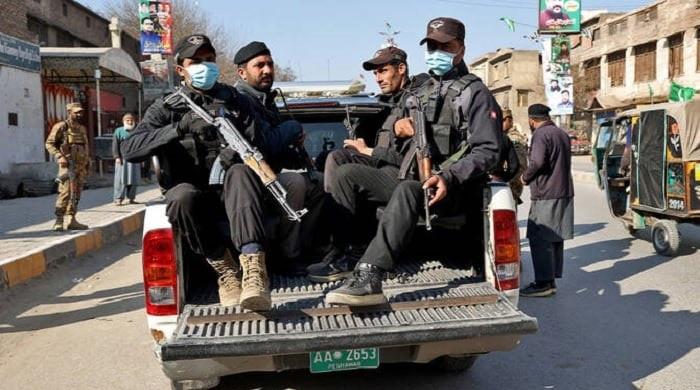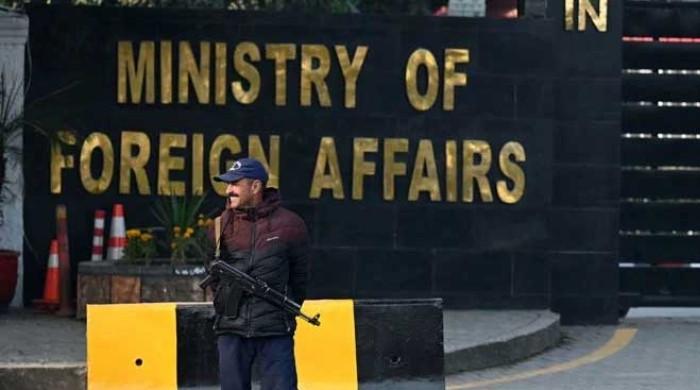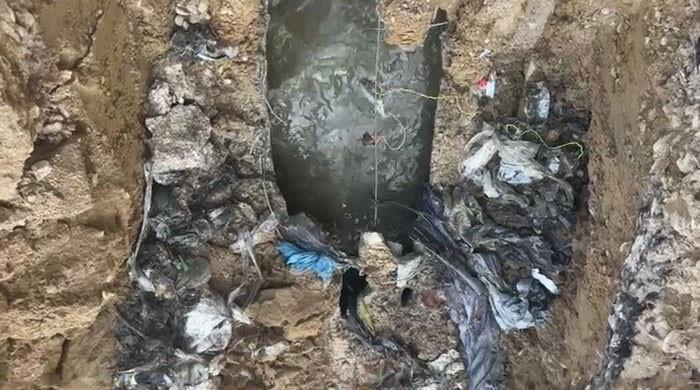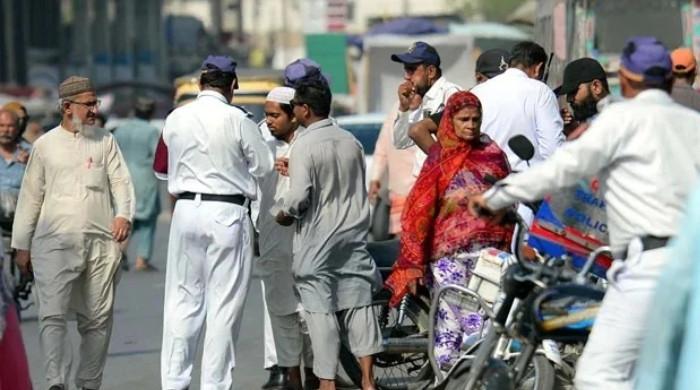Environment experts call for mainstreaming climate adaptation into development plans
The experts, at a workshop organised by WWF, stressed on reduction in freshwater flow downstream of Korti, coupled with the adverse impacts of climatic change
December 09, 2020
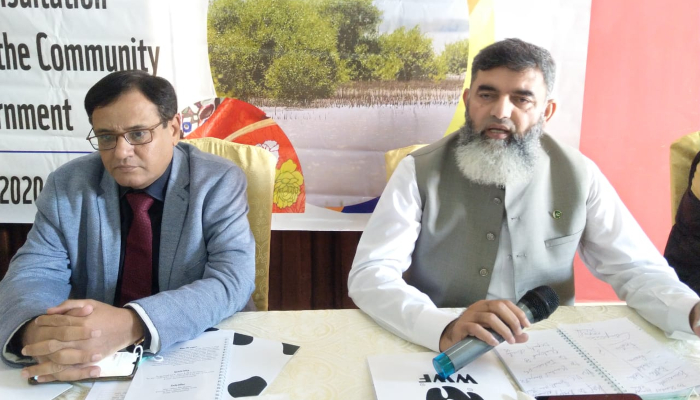
THATTA: Stressing on smart agriculture and fishing initiatives, environment experts on Wednesday said that such techniques should be introduced in coastal communities to address livelihood challenges and human migration issues.
These remarks were made by the experts at a workshop named ‘District level consultation workshop with the community and local government’ organised by WWF-Pakistan under its Climate Sheroes Campaign and financially supported by Oxfam GB at Makli Gymkhana, Thatta.
The panel included Pro-vice Chancellor, Sindh University, Prof. Dr Rafique Ahmed Memon, Regional Head, Sindh and Balochistan, WWF-Pakistan, Dr Tahir Rasheed, and environmentalist Rafiul Haq.
The workshop was aimed at enhancing the capacity of district officials on integrating adaptation measures, initiatives, and guidelines into official government plans and budgetary considerations.
Read more: Environment Protection Agency gives two-week deadline to stop use of plastic bags in Lahore
The speakers lamented that the reduction in freshwater flow downstream of Korti, coupled with the adverse impacts of climatic changes, is affecting the lives of local people and degrading the Indus Delta.
Speaking about the frequency of cyclones and the intensity of coastal flooding and sea intrusion that has increased significantly in the last three decades, the experts proposed that local adaptation plans should be developed and linked with national development plans.
"As the intensity and frequency of climate change impacts have increased, adaptation to climate change has become an imperative step for the government in order to ensure national development in the country," the environmentalists underscored.
Speaking about environmental degradation in the coastal belt of Sindh, Dr Memon said that the lack of adequate freshwater supply in the Indus Delta has resulted in reduced agriculture productivity and fish resources.
"Whilst moving away from their ancestral lands, people go through many hardships and require time to resettle in their new surroundings," he added.
He suggested that the development of local adaptation plans can address these issues and climate change adaptations should be integrated into development schemes in a bid to uplift coastal communities.
Meanwhile, Dr Rasheed opined that the coastal districts of Sindh mainly Thatta, Sujjawal, and Badine are more vulnerable to climate-related risks than ever.
"With sea intrusion increasing, these areas are losing fertile lands and face serious food security challenges," he lamented, adding that the impacts of climate change are different in every region, therefore, site-specific adaptation plans must be developed.
Read more: Death of the delta in Sindh
He emphasised that successful climate models should be followed and innovative water conservation techniques must be adopted. "In order to improve ecosystem services and protect biodiversity in coastal areas, freshwater should be released in the required quantity," he added.
Highlighting the issue of freshwater scarcity and increasing temperatures which pose a serious threat to crops in the deltaic region, Rafiul Haq regretted that frequent coastal flooding has caused damage to infrastructure and households in Kharo Chan and Keti Bunder.
"With every passing day, the sea is eroding the lands and people are migrating to other areas. Plans must be developed to address these challenges in the long run," he underscored.
The event was attended by a large number of local community members, government officials, academia and students.




